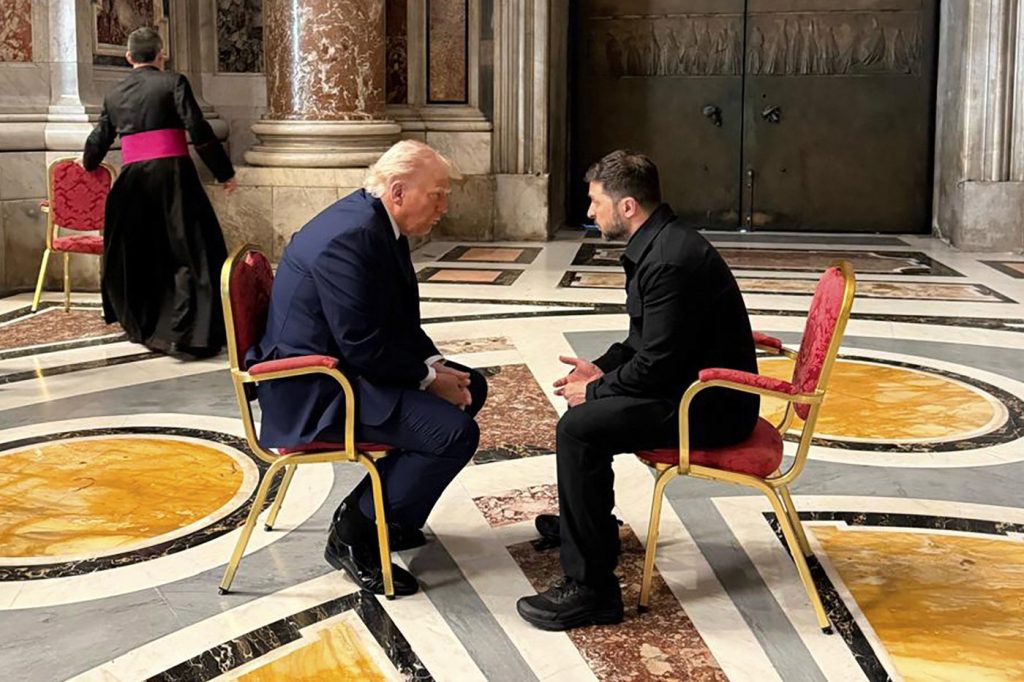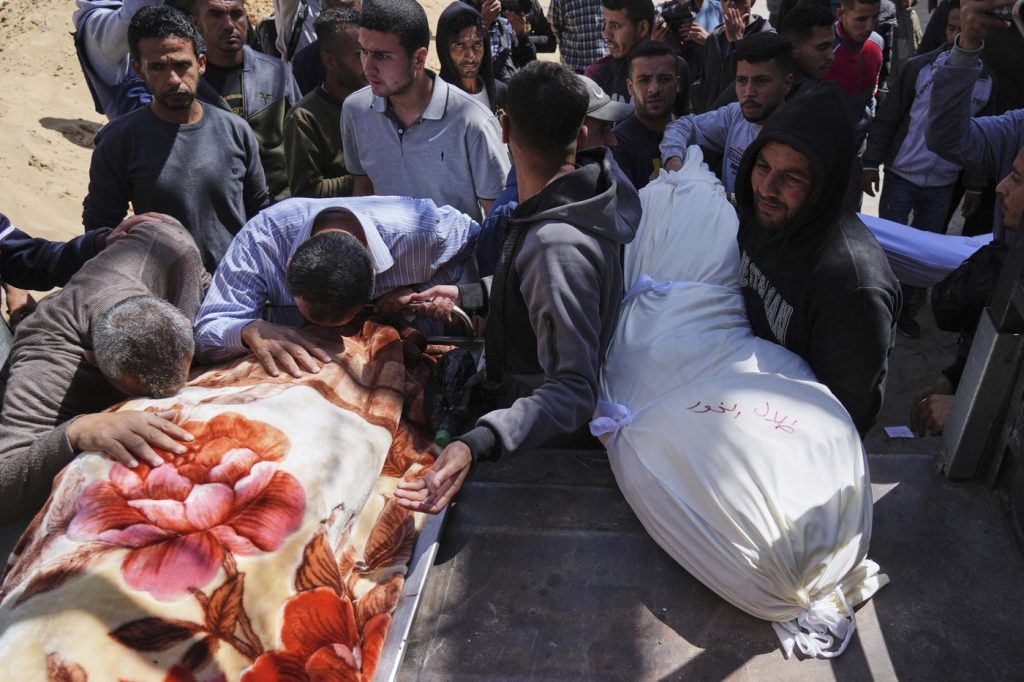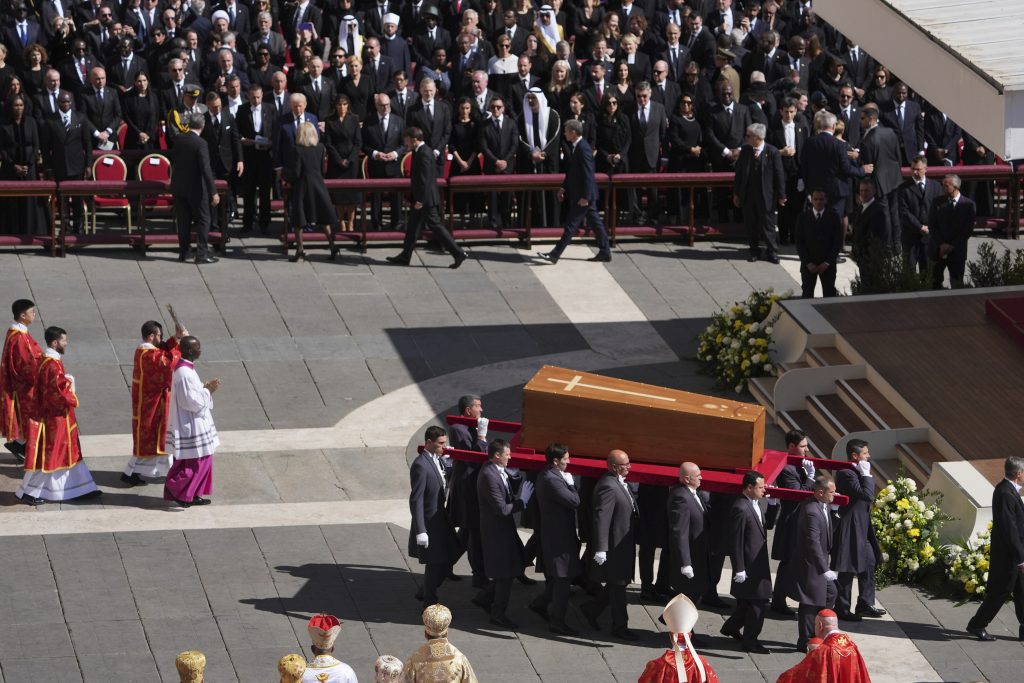On a recent Saturday, President Donald Trump expressed doubts about Russian President Vladimir Putin's intentions regarding the ongoing conflict in Ukraine. Trump's skepticism contrasts sharply with his earlier assessment just a day prior that Ukraine and Russia were "very close to a deal." In a social media post made during his return flight to the United States from Pope Francis' funeral at the Vatican, Trump noted, "There was no reason for Putin to be shooting missiles into civilian areas, cities, and towns, over the last few days."
During his post, Trump hinted at the possibility of imposing further sanctions on Russia, suggesting that Putin may not genuinely want to end the war. "It makes me think that maybe he doesn’t want to stop the war, he’s just tapping me along," Trump stated, advocating for stronger measures such as “Banking” or “Secondary Sanctions” to address the ongoing violence.
These comments from Trump emerged as he and his senior officials escalated efforts to negotiate a resolution to the war that has been ongoing since Russia's invasion of Ukraine in February 2022. The visit to the Vatican marked the first in-person meeting between Trump and Ukrainian President Volodymyr Zelenskyy since a heated exchange that occurred in the Oval Office in late February, which briefly halted U.S. military assistance to Ukraine.
Despite announcing a potential plan to impose new sanctions to push for negotiations, Trump has not yet acted on this commitment. GOP allies, including U.S. Senator Chuck Grassley of Iowa, have urged him to implement tougher sanctions on Putin, arguing that Putin is manipulating the United States. It was noted that during a recent tariff announcement, Trump excluded Russia from the new measures.
In a notable incident earlier that week, Trump publicly urged Putin to "STOP!" following a deadly series of missile attacks on Kyiv. After the brief encounter at the Pope's funeral, there were initial plans for a subsequent meeting between Trump and Zelenskyy later that day, but logistical challenges led Trump to proceed directly to the airport for his return flight.
Zelenskyy characterized the meeting as "good" and expressed hope for significant outcomes regarding upcoming discussions. His office reported that the two leaders engaged in meaningful dialogue about protecting Ukrainian lives, achieving a full and unconditional ceasefire, and working toward lasting peace. Zelenskyy held additional talks with leaders from the UK, France, and the European Commission the same day, highlighting the importance of these diplomatic engagements.
The Vatican has long expressed its interest in facilitating peace talks, with Pope Francis frequently advocating for dialogue to end the conflict. The private conversation between Trump and Zelenskyy took place in a ceremonial setting, aligning with the Pope's vision of peace.
Additionally, Trump recently articulated a controversial viewpoint regarding the territorial disputes stemming from the war, stating that Crimea would "stay with Russia." This statement diverges from Zelenskyy's aims to regain not only Crimea but also other territories seized by Russia during the ongoing conflict. Trump’s recognition of Russia’s control of Crimea, first claimed in 2014, sets a difficult precedent for negotiations, as Zelenskyy maintains that reclaiming all lost territories is essential for peace.
In summary, as international diplomatic efforts continue, the complexities surrounding the Russia-Ukraine conflict remain significant. Trump’s fluctuating stance and Putin's ongoing military actions highlight the challenges that lie ahead for achieving a lasting resolution.












